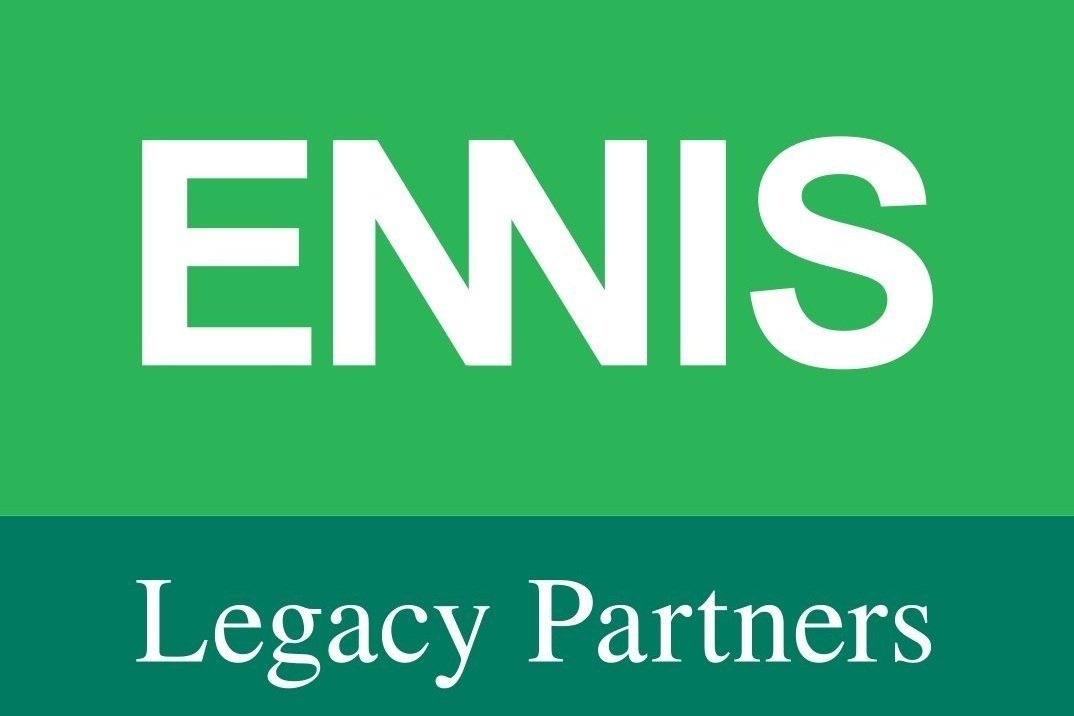Our fictional business owner, Baby Boomer Jane Doe, is like most owners in that her business is her largest asset and will play a central role in achieving future financial security, goals, and dreams. Jane has been in business approximately 25 years and, as a result of the steady stream of business revenue, she has experienced a very comfortable lifestyle that includes two homes, private education for the children, annual vacations, and plenty of discretionary income.
But now Jane wants to plan for "what's next" as she now has grandchildren in different states she wants to visit regularly and has lost the passion once enjoyed in owning and running the business. In conversation, Jane says with a level of exasperation, "I'm just ready to leave the business...I'm done". Jane doesn't have management or children interested in purchasing the business, no longer wants to be an owner and thinks the best exit route would be a third-party sale.
After engaging an exit planner to lead the design and implementation of her plan to leave, Jane is alarmed and disappointed to learn that her business is worth quite a bit less than what she had estimated and that a significant increase in her investable assets will be required to do all she wants to do post-exit. Her financial planner assessed that her "plan for life after the business" would have a price tag of at least $4 million, while her business is really worth $1 million (Note: Jane had estimated a $2 million value), she has current investable assets of $1 million, representing an "asset gap" of $2 million. And again, Jane wants to leave now!
As Jane's exit planner continued to "expose reality" regarding her business readiness for a successful third-party sale, Jane also had to come to grips with the reality of her business not being as sellable as she had assumed. The planner pointed to a number of "value drivers" that needed strengthening (i.e., EBITDA, capable management team, plan for growth, etc.) to make her business more attractive to either a strategic or financial buyer.
So, if Jane chooses to sell now and is able to, all indications are that she would not receive a sufficient amount of net proceeds to facilitate her post-exit life plan. She will either need to begin now to execute a plan to accelerate the value of her business and sell at a later date or significantly reduce her post-exit goals and lifestyle...neither of which are attractive options. Jane is not feeling at all good about her limitations and lack of control over her current options.
It is now clear to Jane that it would have been wise years ago to assess both her personal and business readiness and put a plan in place to accelerate the value of the business. If the business was more sellable and highly valued she would have more options for when and how she exits.
Have you conducted an accurate financial gap analysis including an objective estimate of business value and personal financial plan? Do you have a plan in place to systematically maximize the value of your largest asset? Will selling (or not selling) your business affect your future lifestyle goals? Will it be sellable as more and more baby boomer business owners put their business on the market in the next decade?
Take control of your plan now so that you exit on your own terms and conditions. Contact us for assistance with any of these critical planning issues.

